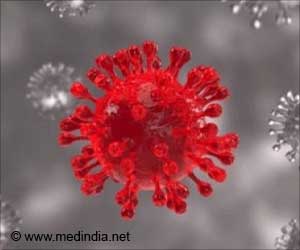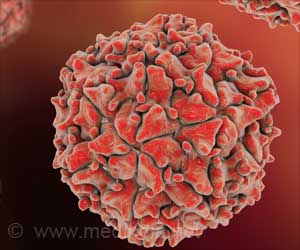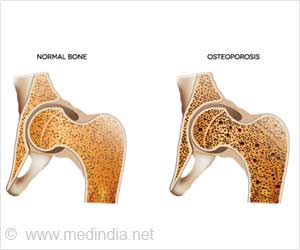To examine the effects on pediatric oncology providers, who were already strained by a shortage of workers before the pandemic, researchers surveyed 311 clinicians caring for children with cancer from 213 institutions representing 79 countries.
Data from the surveys were collected from June 22 to August 21, 2020. In addition, 16 institutions participated in 19 multidisciplinary focus groups.
The major findings of the study were decreased clinical staff availability was cited as a major impact by 51% of institutions. Staffing modifications included decreased provider availability (66% of institutions), roles or responsibility changes, and transfer of staff to work outside of their specialty.
Physical effects included COVID-19 illness, with 8% of respondents reporting health care provider deaths at their institutions. Fifty percent of providers did not have the necessary personal protective equipment. Respondents also experienced psychological distress and financial concerns.
Impacts were felt by countries across all income levels. Respondents reported that burdens were addressed by increased teamwork, communication, contributions outside usual roles, and policies aimed at optimizing safety.
Negative impacts were also counter-balanced by feelings of making a difference or contributing to the control of the pandemic.
Although the study was conducted early in the COVID-19 pandemic, before the initiation of vaccination and the emergence of new variants, the findings revealed important strategies that remain relevant and are key for protecting health care providers.
An accompanying editorial stressed that the study’s results should not be taken lightly. They reflect a serious risk that can ultimately affect the care of children and compromise the success of their treatment.
Source: Medindia



